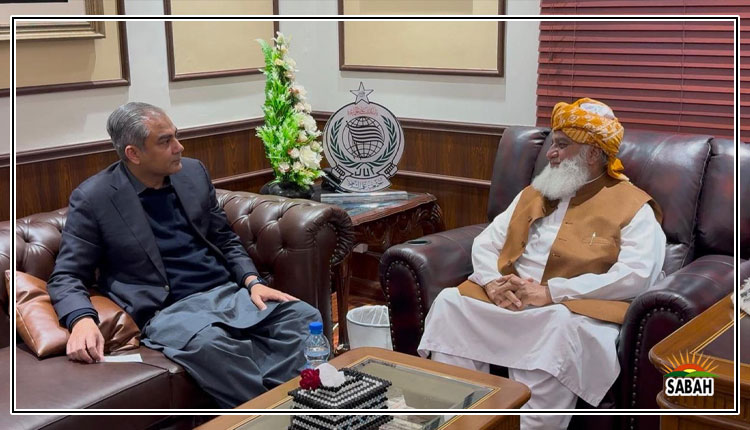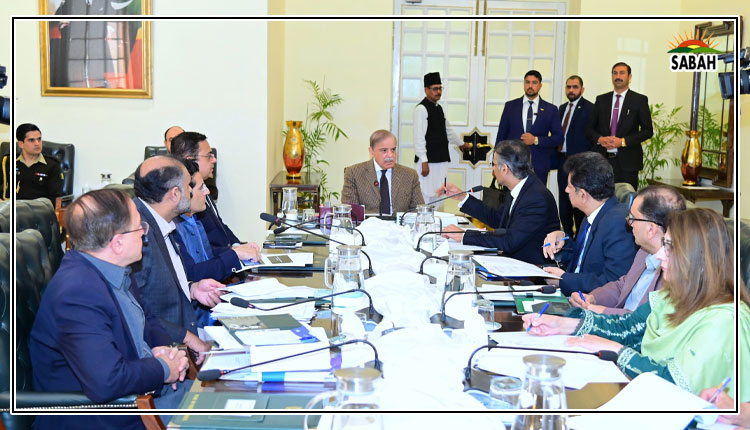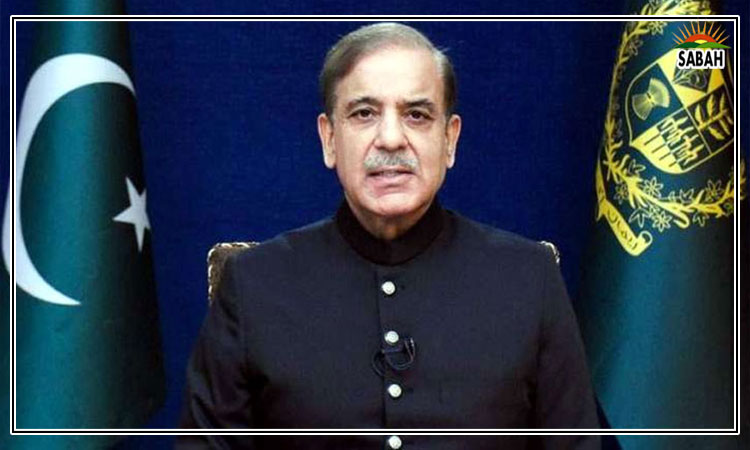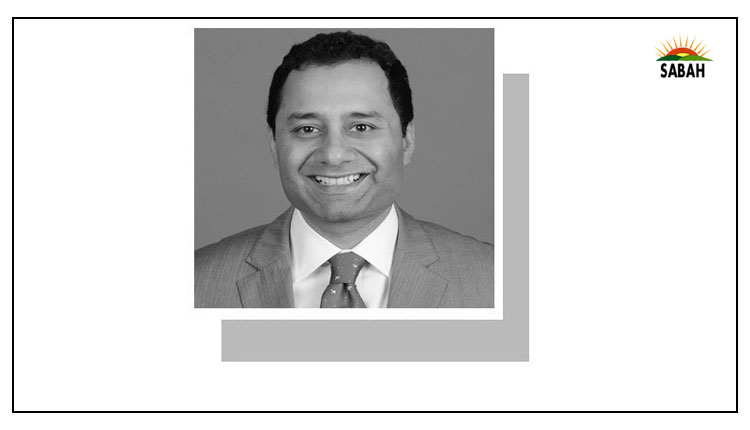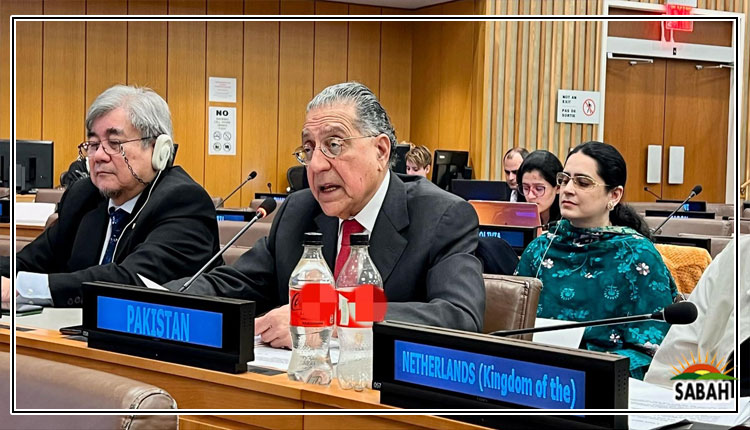Ambassador Munir Akram reaffirms Pakistan’s commitment to implementing the ICPD Programme of Action
NEW YORK, April 12 (SABAH): Permanent Representative of Pakistan to the United Nations, Ambassador Munir Akram delivered statement during the 56th Session of the Commission on Population and Development on the Theme: Population, Education and Sustainable Development on Wednesday.
Munir Akram expressed his concern on crisis faced by developing countries saying: “Along with the triple economic crisis of finance, fuel and food, the developing countries are also facing a triple crisis in education – of equity, quality and relevance”. Mentioning the global commitments such as Transforming Education Summit in September 2022, and the Cairo Conference, he said that “universal access to primary education, and closing the gender gap in primary and secondary education remain a distant dream for millions in the global south”. Referring to the challenges confronting Pakistan in particular, he said that “We must equip this large and young population 220 million people with the education and skills to thrive in a rapidly transforming world”.
Munir Akram said that demographic planning and education have remained priorities for Pakistan and successive governments have focused resources on raising awareness, providing healthcare, building capacity and forging alliances for effective implementation of population management strategies”. He reaffirmed Pakistan’s commitment to implementing the ICPD Programme of Action. The Government also continues to make concerted efforts to provide inclusive education to all, despite resource constraints, on-going recovery from Covid-19 Pandemic and the devastating impact of the worst floods in Pakistan’s history, exacerbated by climate change.
“The UN’s Sustainable Development Goals cannot be achieved, at the national and international level, without transforming education to cater to the needs of the young and growing population, especially in the developing countries” he said. He suggested that factors leading to the denial of the right to education of children and youth – conflict, poverty, mal-nutrition, access to internet and gender digital divide – should be addressed on an urgent basis.
Ambassador Munir Akram also insisted that the world’s nations, singly and collectively, should ensure universal access to quality education at all levels. He insisted, in particular, access to be provided to those with disabilities, migrants and other vulnerable groups to enable them to participate fully in societies and contribute to sustainable development. He insisted on developing innovative learning methodologies and tools to harness the potential of technologies for inclusion; and avoid over-reliance on single technology solutions, and thereby, close gaps in digital access, knowledge, skills, and leadership. He also suggested investments in education to create awareness of environment and sustainable development and the demographic trends that impinge on our scarce resources and contribute to climate change and environmental degradation. This should lead to strategies for appropriate population and family planning. He called for sustained and inclusive global education through full and effective realization of the Right to Development. He mentioned those millions of children and youth living in situations of conflict and foreign occupation, insisting that those “must not be forgotten and deprived of their fundamental right to education and development”.
“Financing is critical in bridging the digital and resource divide. It is the key to overcoming the education emergency” he added. He concluded by saying: “The most important investment in creating a peaceful and inclusive world’s education – where every child, without discrimination, has equitable access to basic and quality education. This must be a key priority for all our nations, acting individually and collectively”.




